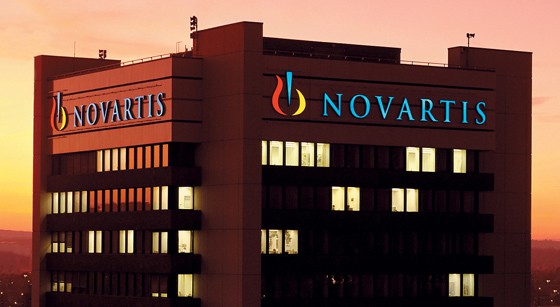
Novartis has withdrawn its European licence application for a wider use of its cancer treatment Tasigna (nilotinib).
The company said it no longer wishes to seek approval for its cancer treatment Tasigna (nilotinib) in patients with Philadelphia-chromosome-positive chronic myelogenous leukaemia (CML) who did not achieve ‘complete molecular response’ when treated with the company’s Glivec/Gleevec (imatinib).
In its withdrawal letter to the European Medicines Agency (EMA) for Tasigna, Novartis said the decision was in response to a note from the Agency’s scientific advisory committee the CHMP that the data provided to support the new indication was not sufficient to recommend the drug.
Tasigna is already approved in the EU to treat Philadelphia-chromosome-positive CML, although only in patients in ‘chronic’ or ‘accelerated’ phases of CML who cannot tolerate other treatments including imatinib.
The new indication would have expanded the drug’s market by enabling its use in patients who had only partially responded to imatinib and still had levels of an abnormal enzyme called Bcr-Abl kinase in the blood.
Novartis hasn’t given up completely on this new indication and said it reserves the right to maker a further submission once more data is gather from further studies.
Boehringer drops faldaprevir
Meanwhile Boehringer confirmed it has withdrawn the application for its hepatitis C treatment faldaprevir following a review of its company strategy in which it decided to exit the therapy area completely.
It’s an expected move from the company. Boehringer stated last week that it discontinued development of faldaprevir, noting that the hepatitis C market had seen an influx of advanced new treatments, including Gilead Sciences’ Sovaldi (sofosbuvir) and drugs from Merck & Co, Janssen and others.
“There is not longer a significant unmet medical need for the faldaprevir interferon-based regimen that was the subject of our marketing authorisation application,” said the company in its letter of withdrawal.
Elsewhere in the CHMP opinions, six new medicines were recommended for approval in the EU while Avastin was one of several drugs to be recommended for expanded use.




